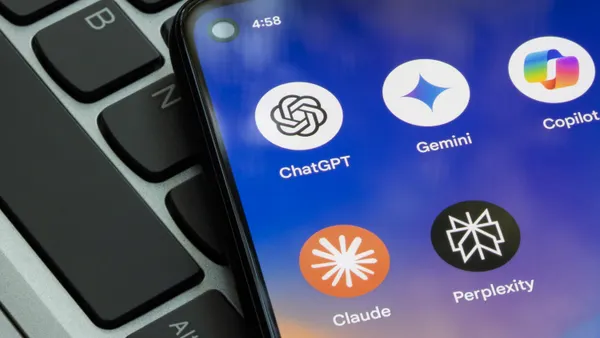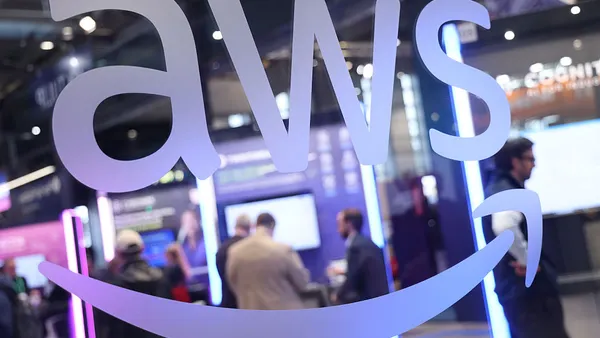Technobabble is our look at the weird, wonderful and wildly creative aspects of technology and the tech industry. If you have any babble, feel free to email directly or reach out on Twitter.
Technology has now advanced to the point where companies are approaching hardware problems with software solutions. Take Cisco, for example, which is reportedly planning to divorce its networking software from its hardware.
But sometimes problems do indeed require a physical solution. U.S. Customers and Border Protection officials said this week that proposals for President Donald Trump's planned border wall must include a tangible barrier and cannot rely on technology alone, SFGate reports. That means all those sensors, drones, Big Data and artificial intelligence solutions must find a home with a wall.
But contractors are just trying to think outside of the box. According to SFGate, California-based Simularity, a Big Data analytics startup, wants to create a virtual wall based on technology. CEO Liz Derr says the company's technology could "supplement a physical wall."
Derr is particularly focused on a high-tech border solution because of the cost of the proposed wall's construction, which could face a battle getting funded in Congress.
Trump's proposed budget called for $1.5 billion in 2017 and $2.6 billion in 2018 to fund border wall construction, Construction Dive reports. Already, more than 700 contractors have expressed interest in the project and now have until April 4 to submit bids. Lone drones need not apply.
An explosive plan
Last year, Samsung found itself in a bit of a pickle when it turned out that its new-to-market Galaxy Note7s had a tendency to explode, or at least overheat and catch fire. What ensued was a mass recall and promises from the company that it would do better (cue the Samsung Galaxy S8 with the curved screen).
Samsung was left with 4.3 million recalled phones, and nothing to do but plan on disposing the Note7 phones, BuzzFeed reports.
But now Samsung has made an about face, announcing this week three principles that will make sure Note7 devices are "recycled and processed in an environmentally-friendly manner."
The company plans to consider refurbishing or renting the phones, salvage product components for potential reuse and extract metals from the phone using "environmentally friendly methods," Samsung said. However a spokesperson did confirm to BuzzFeed that refurbished or rentable Note7s will not be available in the U.S.
As reported by Waste Dive, environmental groups are quick to criticize phone manufacturers like Apple and Samsung for their electronic waste practices. Consumers eagerly adopt the next cool device on the market, creating an unsustainable product cycle with harmful environmental impacts. So device manufacturers are stepping it up and adopting more recycling standards to avoid creating more waste from product disposals.
Apple even has a handy robot to do the job, Mashable reports.
Speaking of recycled products, Thursday SpaceX successfully launched and landed a reused rocket, The Verge reports. The Falcon 9 delivered a communications satellite into orbit before landing on one of the company's drone ships in the middle of the Atlantic.
One last thing
NASA CIO Renee Wynn cleared something up this week at the FedScoop IT Modernization Summit: NASA was the agency responsible for inventing the internet. So should you ever have internet connectivity problems, feel free to curse the stars.













